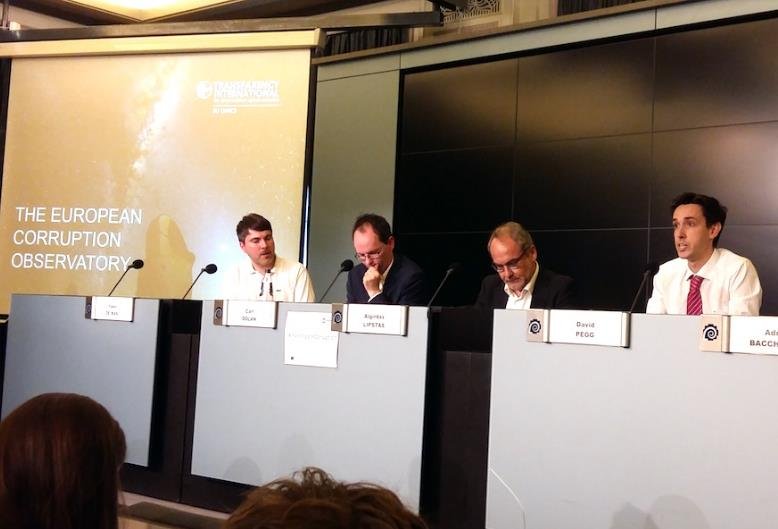The Guardian: A History of Innovation and Impact
The Guardian was founded in Manchester in 1821 by John Edward Taylor, a cotton merchant and radical, as a response to the Peterloo Massacre, a violent suppression of a pro-democracy rally. The Guardian was originally called The Manchester Guardian, and it aimed to promote political reform, civil liberties and social progress.
The Guardian moved to London in 1964, and it changed its name to The Guardian in 1959. The Guardian has been at the forefront of many innovations and changes in the newspaper industry, such as:

- Launching the first colour supplement in 1962, which featured arts, culture and lifestyle content.
- Adopting the Berliner format in 2005, which made the paper more compact and easier to read.
- Switching to a tabloid format in 2018, which reduced the paper’s environmental impact and printing costs.
- Developing a digital-first strategy, which prioritised online and mobile platforms over print editions.
- Adopting a reader-funded model, which relied on voluntary contributions and memberships from readers rather than advertising or paywalls.
The Guardian has also been influential and impactful in its journalism, such as:
- Exposing the Watergate scandal in 1972, which led to the resignation of US President Richard Nixon.
- Revealing the phone-hacking scandal in 2011, which exposed the illegal practices of some British tabloids and resulted in the closure of the News of the World.
- Publishing the Snowden files in 2013, which exposed the mass surveillance programs of the US and UK governments and sparked a global debate on privacy and security.
- Winning the Pulitzer Prize in 2014, along with The Washington Post, for its public service journalism on the Snowden revelations.
- Launching the Climate Pledge in 2019, which committed the paper to cover the climate crisis with urgency and authority, and to achieve net zero emissions by 2030.
The Guardian: A Vision for the Future
The Guardian is not only a newspaper, but also a movement and a community of readers, journalists and supporters who share a common vision and values. The Guardian’s vision is to be a global voice for progressive journalism, and to use its platforms and resources to inform, inspire and empower its audience.
The Guardian’s values are:
- Independence: The Guardian is owned by the Scott Trust, a unique organisation that ensures the paper’s editorial and financial independence from any political or commercial interests.
- Honesty: The Guardian strives to be accurate, fair and transparent in its reporting, and to correct any errors or mistakes promptly and openly.
- Courage: The Guardian is not afraid to challenge the powerful, expose the wrongdoings and defend the rights and freedoms of the people.
- Diversity: The Guardian celebrates and respects the diversity of its staff, contributors and readers, and seeks to reflect and represent the plurality of voices and perspectives in the world.
- Solidarity: The Guardian stands in solidarity with the oppressed, the marginalised and the vulnerable, and supports the causes and movements that aim to create a more just and sustainable society.
The Guardian is a newspaper that has a history of innovation and impact, and a vision for the future. The Guardian is a newspaper that aims to make a difference in the world, and to make the world a better place.
For more information on The Guardian and its journalism, visit theguardian.com.
















